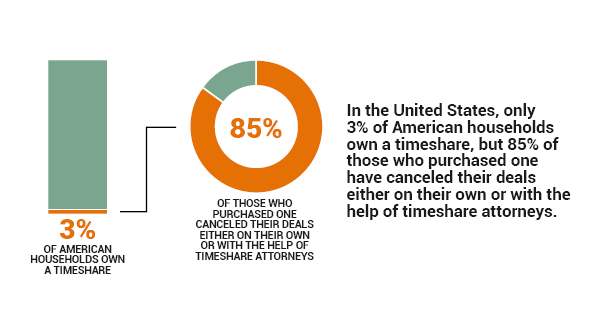A management company deals with the construction and sells shares, which entitle purchasers to spend a defined quantity of time (typically one week per year) at the residential or commercial property (how to transfer timeshare ownership). Some timeshares are large complexes with dozens of living units, while others resemble a single household home and are just big enough for one owner to occupy at a time.
Owning a timeshare is not the very same as owning getaway property outright - how to get out of a westgate timeshare mortgage. Owners don't deserve to make changes or enhancements to the home straight. Rather, the timeshare's management business carries out upkeep, cleaning and improvements http://griffinhttj657.over-blog.com/2020/09/h1-style-clear-both-id-content-section-0-the-greatest-guide-to-how-to-buy-timeshare/h1.html utilizing funds pooled by owners. The management company also lays out rules for using the property, which owners need to consent to when they sign a purchase arrangement.
Owning a timeshare has a variety of advantages over other kinds of vacationing. Unlike renting a hotel, owning a timeshare warranties the owner space and protects the dates in advance - how do you get out of a timeshare contract. Some timeshares enable owners to trade, offer or present their time, which makes vacationing more flexible. Some even use multiple locations where owners can select to invest their designated time.
Timeshares usually represent long-lasting cost savings over renting hotels each year. Nevertheless, owners need to be gotten ready for the real cost of ownership. Besides the initial expense of the share, owners are accountable for an annual maintenance cost, which goes towards enhancing the timeshare at the discretion of the management (what is a timeshare contract). Owners might likewise be responsible for unique costs to deal with emergency situation damage or carry out a significant upgrade, such as a new roofing.

Usually owners need to wait on a set amount of time prior to selling. Timeshares tend to lose worth with time, making them a poor property investment. This is specifically true when more recent timeshares inhabit the same location, providing possible purchasers more appealing choices. Owners who sell may recover a few of the purchase cost, but costs and depreciation avoid timeshares from making a profit in the bulk of cases.
